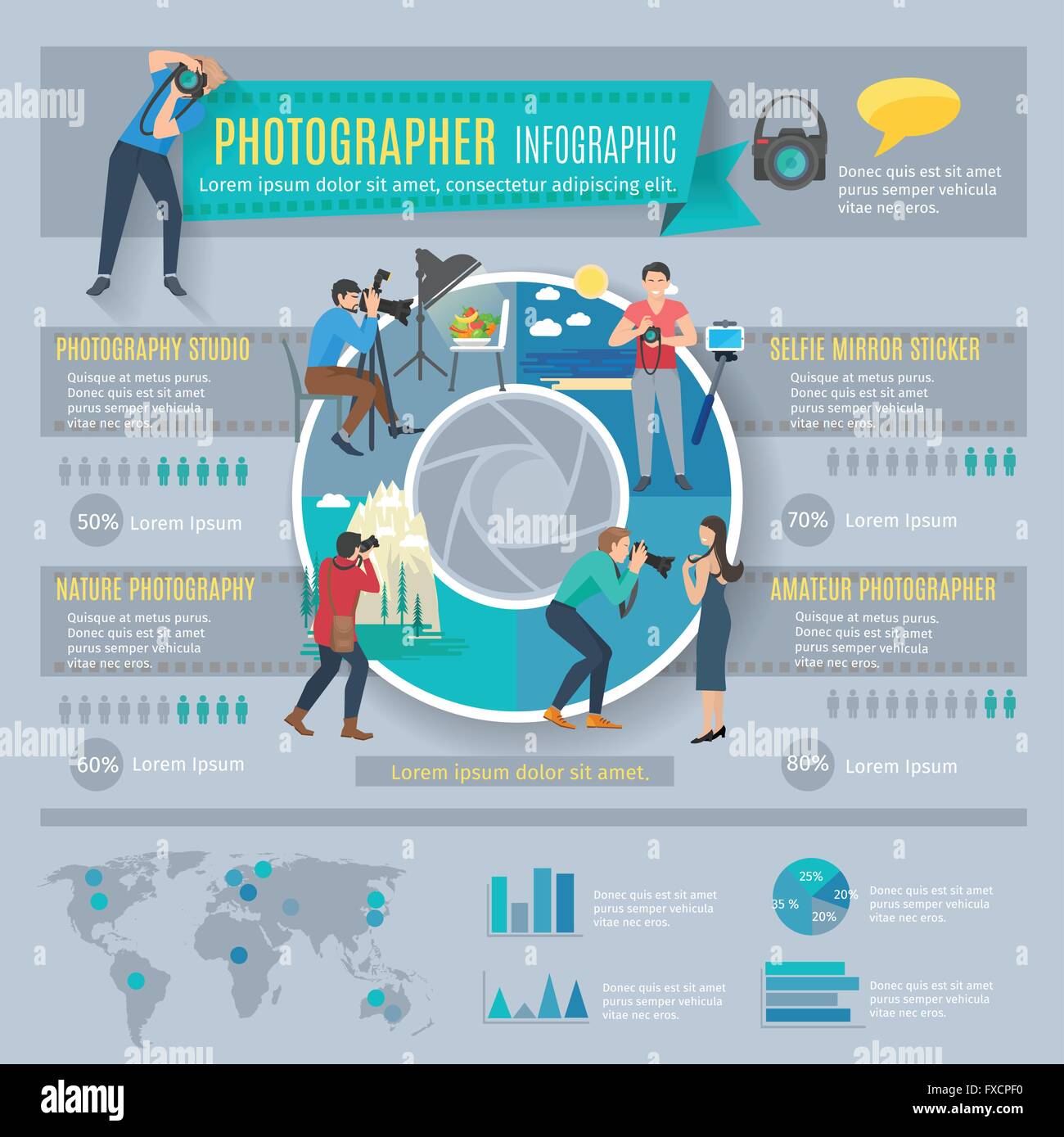Digital Photography Tips For Beginners: Mastering Your Video Camera In No Time At All
Digital Photography Tips For Beginners: Mastering Your Video Camera In No Time At All
Blog Article
Article Written By-Weber Odgaard
When you initially get your electronic camera, it can really feel frustrating with all the setups and alternatives readily available. https://postheaven.net/valentine87mel/creative-photography-concepts-releasing-your-creativity could find yourself wondering just how to browse aperture, shutter rate, and ISO efficiently. Mastering these fundamentals is crucial, but there's more to digital photography than simply technical knowledge. Understanding make-up https://www.heartland.org/multimedia/podcasts/business-survival-during-covid-19-guest-jon-meadows and lighting problems can boost your images drastically. So, what if you could learn easy approaches to boost your skills and begin recording impressive photos earlier than you assume? Let's check out how to transform your digital photography journey.
Comprehending Video Camera Setups
Understanding your video camera settings is vital for recording magnificent images. When you pick up your camera, acquaint on your own with the three main setups: aperture, shutter speed, and ISO. Each plays a crucial duty in just how your pictures end up.
Beginning with aperture, which controls the amount of light entering the lens. A bigger aperture (reduced f-number) lets in much more light and creates an attractive history blur, best for pictures. On the other hand, a narrower aperture (higher f-number) keeps more of the scene in emphasis, perfect for landscapes.
Next, focus on shutter speed. This setting identifies the length of time your cam's sensing unit is revealed to light. A fast shutter rate freezes movement, which is wonderful for activity shots, while a slow shutter speed can produce spectacular results like smooth water in landscapes.
Lastly, readjust your ISO. This setup affects your electronic camera's sensitivity to light. A greater ISO serves in low-light situations however can introduce sound or grain. Aim for the lowest ISO feasible while still attaining appropriate direct exposure.
Composition Strategies
When you're out capturing, make-up can make all the distinction in just how your pictures resonate with customers. Start by using the rule of thirds; picture your framework separated right into nine equivalent sections with 2 horizontal and 2 upright lines. Position key elements along these lines or at their junctions to create balance and passion.
Next off, think about leading lines. These natural lines in your scene, like roadways or rivers, attract the viewer's eye right into the photograph, leading them with the tale you're informing.
Don't forget about framing; usage aspects within your scene, like trees or windows, to develop a frame around your topic, including deepness and focus.
Also, watch on your history. A chaotic background can sidetrack from your primary subject, while a simple one assists it stand apart.
Lastly, explore symmetry and patterns; they can develop a striking picture that captures interest.
Learning Lights Conditions
Grasping lighting conditions is vital for capturing sensational photographs, as the right light can transform an average scene into something amazing.
Start by observing all-natural light at various times of the day. Early mornings and late afternoons use the very best light, called the gold hour. The soft, warm tones during these times can enhance your pictures perfectly.
Don't avoid overcast days either; diffused light can minimize harsh shadows and produce a pleasing impact, particularly for pictures.
Explore backlighting by positioning your topic against the light source. This method can create a dreamy halo impact and add deepness to your photos.
Focus on your electronic camera setups too. Change the ISO, aperture, and shutter speed to match the lights problems. A greater ISO can help in low light, yet be cautious of grain.
Make use of a tripod in darker atmospheres to stay clear of blur.
Last but not least, don't fail to remember fabricated illumination. Flash and constant lights can be wonderful tools for controlling light in difficult conditions.
Conclusion
To conclude, understanding your video camera does not have to be overwhelming. By recognizing your setups, applying structure techniques, and taking advantage of the power of natural light, you'll promptly boost your photography skills. Keep in mind, exercise makes ideal, so get out there and try out your newfound understanding. With time and dedication, you'll be catching stunning photos that show your unique viewpoint. Take pleasure in the trip, and do not neglect to enjoy while you're at it!
